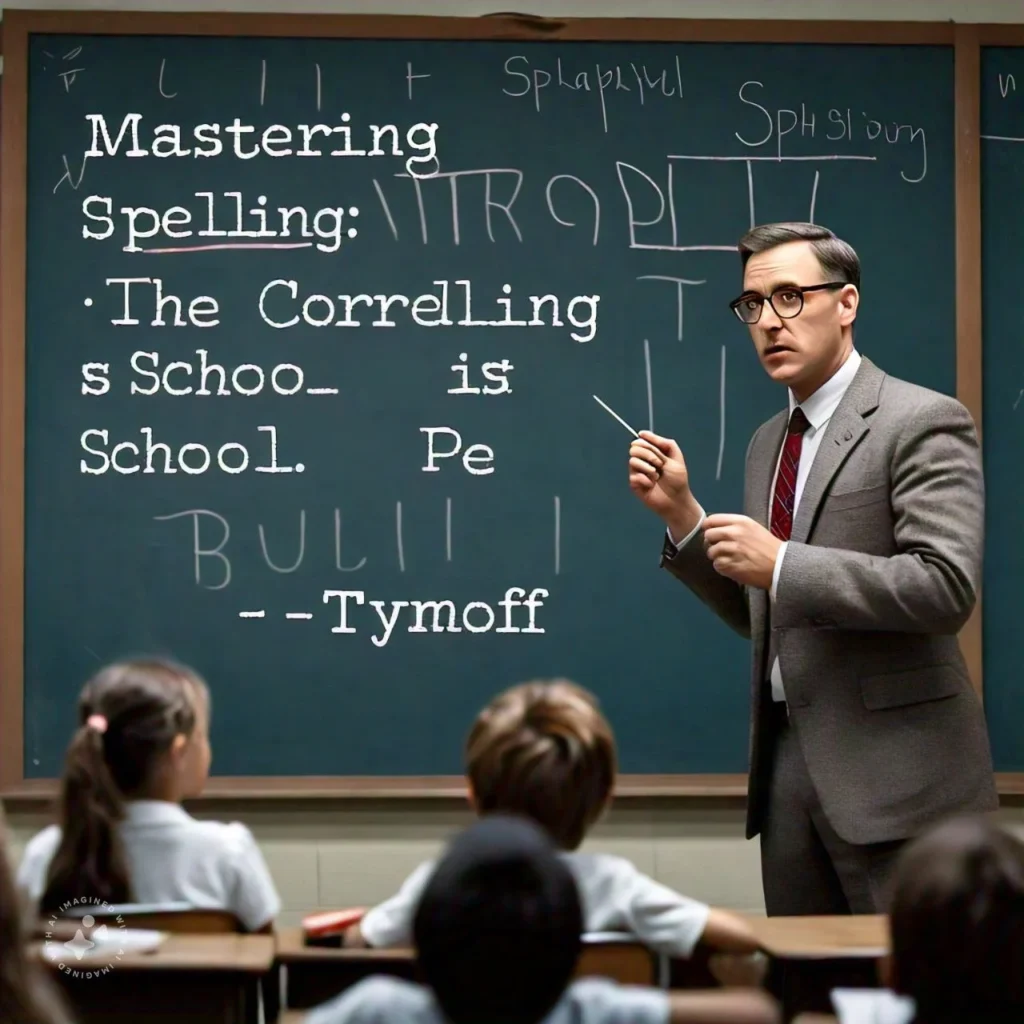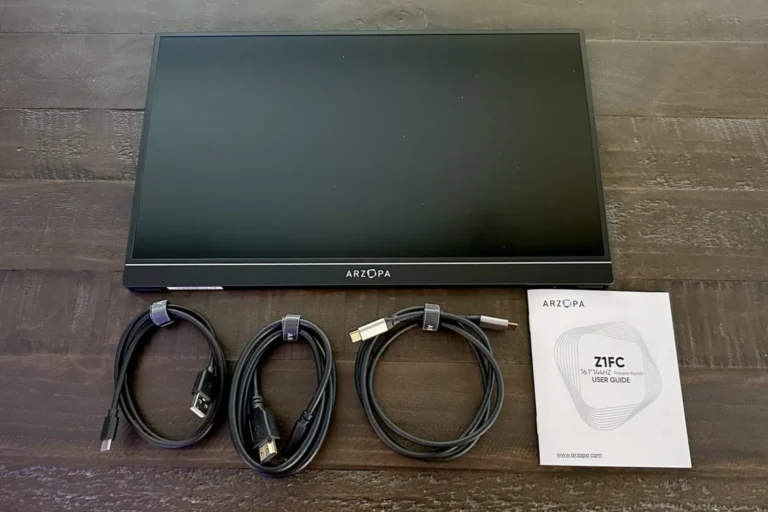
Introduction
In education and communication, precision in spelling is essential. The phrase “the correct spelling is school not school. some pe – tymoff” emphasizes the often-overlooked significance of accurate spelling. This guide explores the importance of correctly spelling “school,” examines common spelling mistakes, and offers strategies for enhancing spelling accuracy. Understanding the impact of spelling errors can significantly improve written communication skills and highlight the broader implications of linguistic precision.
The Importance of Spelling Accuracy
Spelling is more than just a technical ability; it is vital for effective communication. Correct spelling ensures clarity and reduces misunderstandings. In both academic and professional settings, proper spelling reflects attention to detail and respect for the reader. Errors in simple words like “school” can undermine the credibility of written work and cause confusion. Recognizing that “the correct spelling is school not school. some pe – tymoff” is essential underscores the overall significance of spelling accuracy in creating clear and professional communication.
Clarifying the Phrase: “The Correct Spelling is School Not School. Some Pe – Tymoff”
At first glance, “the correct spelling is school not school. some pe – tymoff” may seem confusing, but it humorously illustrates the importance of spelling. Here’s a breakdown:
- “The correct spelling is school not school” emphasizes the need to spell “school” correctly. The repetition stresses that even common words can be misspelled.
- “Some pe – tymoff” playfully highlights how errors can lead to nonsensical phrases if left uncorrected.
This phrase illustrates how spelling mistakes can cause confusion, impacting clarity and meaning in communication. Analyzing such phrases helps us appreciate the necessity of maintaining accuracy in writing to avoid miscommunication.
Common Spelling Mistakes
Spelling errors are not limited to complex words; even straightforward words like “school” can be misspelled. Common mistakes include:
- Typographical errors: These happen when fingers hit the wrong keys, leading to incorrect spelling. The phrase “the correct spelling is school not school. some pe – tymoff” shows how small errors can alter meanings.
- Phonetic mistakes: Mishearing or misunderstanding the pronunciation of “school” can result in spelling errors.
- Autocorrect failures: Technology can sometimes introduce errors. Knowing the correct spelling helps identify and correct these mistakes.
Tips for Correct Spelling
To avoid errors like those in “the correct spelling is school not school. some pe – tymoff,” consider these strategies:
- Practice regularly: Frequent practice reinforces correct spelling.
- Use mnemonic devices: Create memory aids to remember tricky spellings.
- Read extensively: Exposure to correctly spelled words in context enhances spelling skills.
- Employ spell check tools: Utilize digital tools to catch mistakes, but always verify their suggestions.
Educational Significance
The correct spelling of “school” is a fundamental skill that influences broader educational success. Using phrases like “the correct spelling is school not school. some pe – tymoff” correctly in writing reinforces the importance of attention to detail in academic settings. Proper spelling aids in clear communication and helps individuals express their ideas effectively.
The Role of Technology in Spelling
Technology plays a significant role in modern spelling practices. Tools like autocorrect and spell check are invaluable for identifying errors. However, understanding the correct spelling, as highlighted in “the correct spelling is school not school. some pe – tymoff,” ensures that technology is a helpful aid rather than a substitute for learning. Relying solely on technology can lead to complacency; therefore, developing strong spelling skills independently is crucial.
Conclusion
In conclusion, the correct spelling is school not school. some pe – tymoff emphasizes the significance of spelling accuracy. Whether you are a student, professional, or casual writer, paying attention to spelling details enhances communication and reflects a commitment to quality. By practicing regularly and utilizing available tools, you can avoid common mistakes and improve your overall writing skills. Remember, spelling accuracy is a cornerstone of effective communication and educational achievement.






